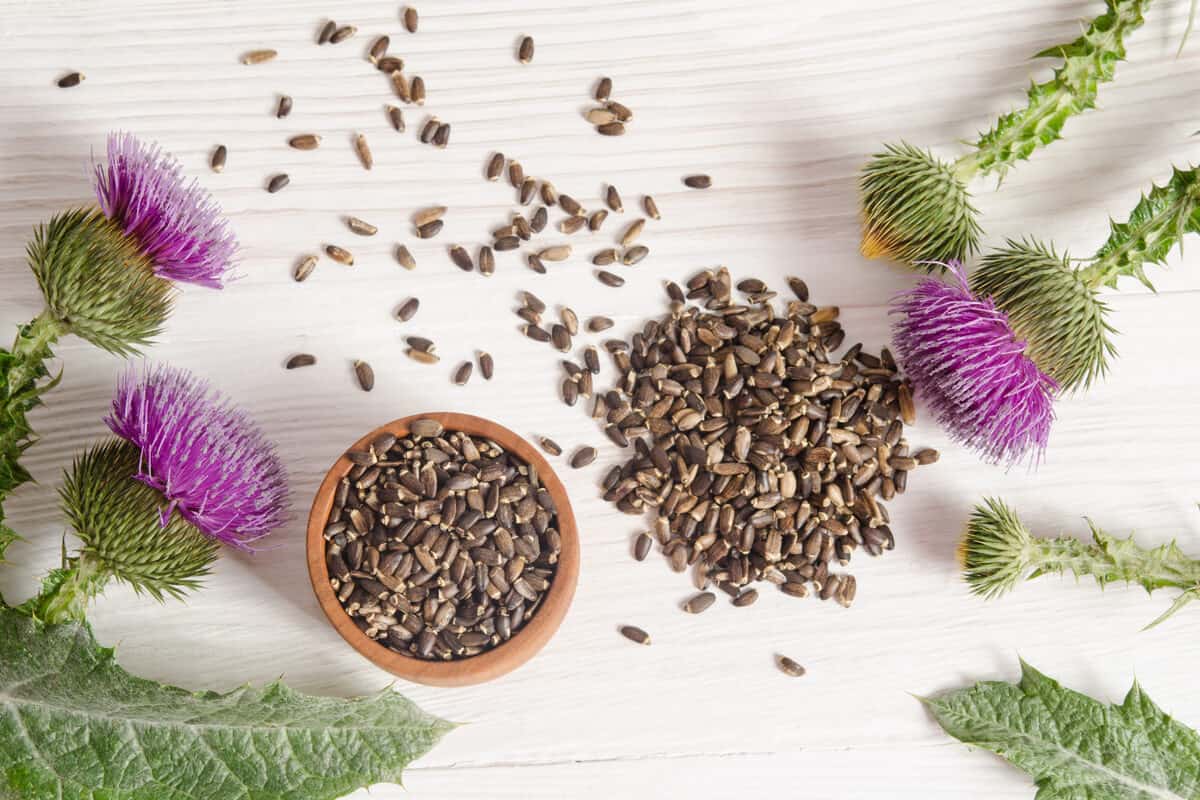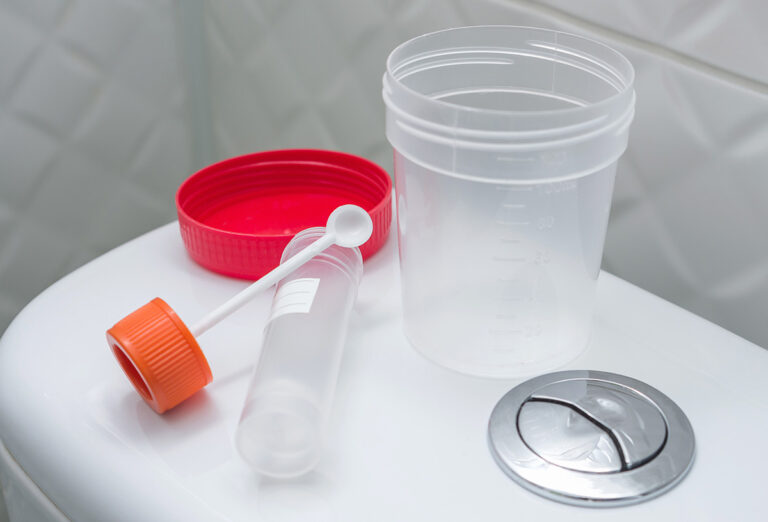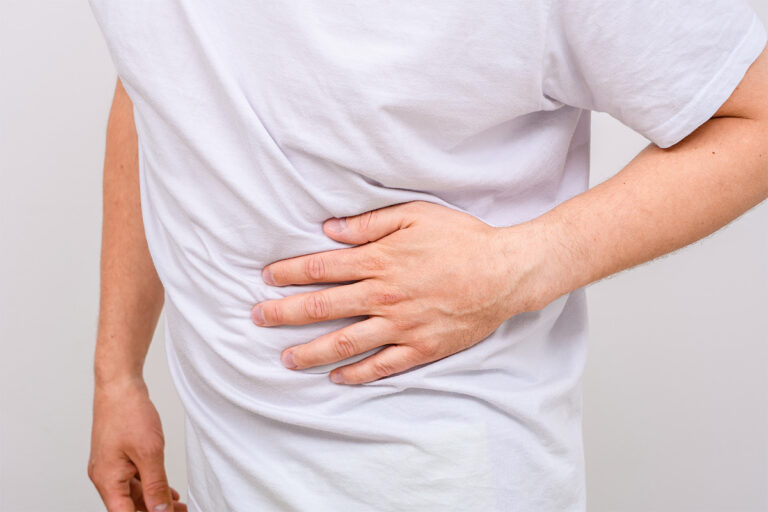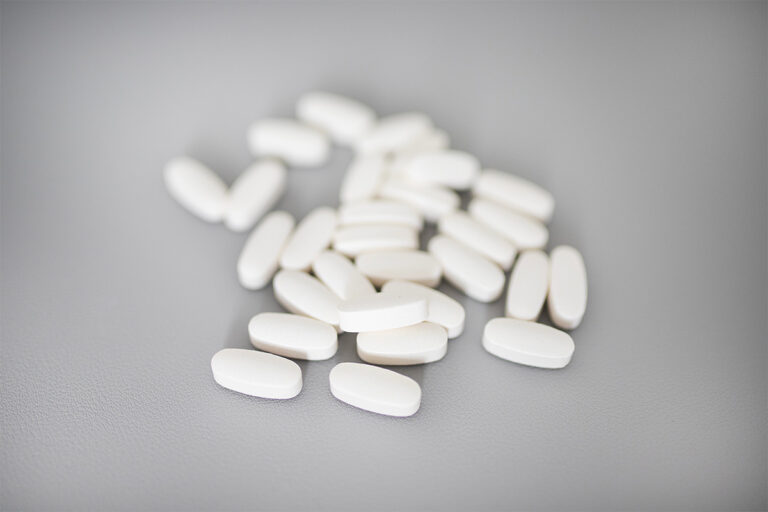Liver Health Concerns
Given the numerous tasks the liver has to perform constantly, it is a very active organ as it helps digest food, remove toxins, and store energy. Unfortunately, many different types of health conditions can impact the liver’s ability to do its job including the following:- Fatty liver disease or cirrhosis caused by drugs, poisons, or too much alcohol
- Inherited conditions such as Wilson disease
- Liver cancer
- Nonalcoholic fatty liver disease
- Viruses such as hepatitis (11)
Nonalcoholic Fatty Liver Disease (NAFLD)
By far, nonalcoholic fatty liver disease (NAFLD) is the most common cause of liver dysfunction. NAFLD affects 25% of the world’s population, with that incidence expected to increase by up to 56% over the next ten years. (5) Whereas high alcohol intake is the primary cause of cirrhosis of the liver, obesity, type 2 diabetes, and metabolic syndrome are the primary causes of NAFLD. (10)Risk Factors for NAFLD
Several factors can increase the risk of NAFLD and other chronic liver diseases including:- Diabetes and blood sugar control issues
- Excess alcohol consumption and alcoholism
- Hepatitis B and C
- High fat and/or high sugar diet
- Obesity
- Prolonged drug use (9)

NAFLD is the most common cause of liver dysfunction.
Best Diet for Liver Health
The best diet for liver health may be the Mediterranean diet, which is not surprising considering the broad range of health benefits that come from following this eating pattern. Several studies have shown that the greater the adherence to the Mediterranean diet, the lower the risk of developing both fatty liver disease and NAFLD. (7)(15) A 2021 systematic review found that the Mediterranean diet can both successfully prevent and address NAFLD. In that review, the authors attributed the diet’s positive liver health benefits to the antioxidant and anti-inflammatory effects of the fruits, legumes, vegetables, and olive oil that are prominently featured in the diet. (4) As mentioned previously, foods to avoid for liver health include alcohol, simple sugars, and unhealthy fats like trans and saturated fats found in fried foods and certain baked goods. (9) In addition, dietary supplements can also help support liver health.Best 6 Supplements for Liver Health
For many patients, supplementing the diet with certain nutrients and medicinal herbs may also be beneficial to enhance and protect liver health. Some of the key nutrients and herbs for liver health include curcumin, dandelion, milk thistle, glutathione, vitamin D, and vitamin E.1. Curcumin
Curcumin, an antioxidant and anti-inflammatory plant chemical found in the turmeric (Curcuma longa) plant, has been shown to support liver health. A 2019 randomized controlled trial found that curcumin reduced the severity of NAFLD in patients with the condition. (12) This is consistent with results from a 2016 randomized placebo-controlled clinical trial that showed improvement in NAFLD after just eight weeks of curcumin supplementation. (13)2. Dandelion
Dandelion (Taraxacum officinale) is another herb that has been shown to positively influence liver health. It has antioxidant activity and the prebiotic fibers in dandelion helps reduce fat accumulation, oxidative stress, and inflammation in the liver. (8)3. Milk Thistle Extract
Milk thistle extract (Silybum marianum) is a free radical scavenger that modulates enzymes associated with the development of cellular liver damage, cirrhosis, and fibrosis. (3) While some studies have shown no benefit, most of the studies do show that milk thistle can effectively support liver health. (2)
Milk thistle may support liver health due to its role in modulating enzymes involved in liver damage.
4. Glutathione
Glutathione, often called the “master antioxidant,” supports the liver by enhancing detoxification pathways. In addition, as an antioxidant that is found in high concentrations in the liver, it can also help reduce the risk of and address several liver diseases including NAFLD, alcoholic liver, hepatitis B and C, and liver cancer. (16)5. Vitamin D
Vitamin D has been shown to reduce the risk of liver inflammation, fibrosis, and cancer. Deficiency of this nutrient has also been linked to many illnesses including liver disease. (1)6. Vitamin E
Vitamin E is also an antioxidant nutrient that can support health on many levels including liver function. According to a 2015 meta-analysis of randomized controlled trials, vitamin E significantly improved liver function and was deemed an effective treatment for NAFLD. (14)A Healthy Diet and Supplementation Helps Support Liver Function
The liver intimately interacts with nearly every system in the human body, and keeping this organ healthy benefits overall health and quality of life. A healthy diet and a number of dietary supplements, including nutrients and medicinal herbs, can help support liver function. If you are interested in protecting and enhancing your liver health, consider working with an integrative practitioner before making any changes to your wellness plan.- Elangovan, H., Chahal, S., & Gunton, J. E. (2017). Vitamin D in liver disease: current evidence and potential directions. Biochimica et Biophysica Acta, 1863(4), 907-916. https://www.sciencedirect.com/science/article/pii/S0925443917300030#bb0115
- Fried, M. W., Navarro, V. J., Afdhal, N., Belle, S. H., Wahed, A. S., Hawke, R. L., Doo, E., Meyers, C. M., & Reddy, R. (2012). Effect of Silymarin (Milk Thistle) on liver disease in patients with chronic hepatitis C unsuccessfully treated with interferon therapy: a randomized controlled trial. JAMA, 308(3), 274-282. https://jamanetwork.com/journals/jama/fullarticle/1217238
- Gillessen, A., & Schmidt, H. (2020). Silymarin as supportive treatment in liver diseases: a narrative review. Advances in Therapy, 37(4), 1279-1301. https://www.ncbi.nlm.nih.gov/pmc/articles/PMC7140758/
- Gosal, H, Kaur, H., Ngassa, H., Elmenawi, K. A., Anil, V., & Mohammed, L. (2021). The significance of the Mediterranean diet in the management of non-alcoholic fatty liver disease: a systematic review. Cureus, 13(6). https://www.cureus.com/articles/59985-the-significance-of-the-mediterranean-diet-in-the-management-of-non-alcoholic-fatty-liver-disease-a-systematic-review
- Huang, D. Q., El-Serag, H. B., & Loomba, R. (2020). Global epidemiology of NAFLD-related HCC: trends, predictions, risk factors and prevention. Nature Reviews Gastroenterology & Hepatology, 18, 223-238. https://www.nature.com/articles/s41575-020-00381-6
- Kalra, A., Yetiskul, E., Wehrle, C. J., & Tuma, F. (2021). Physiology, liver. StatPearls, May 9. https://www.ncbi.nlm.nih.gov/books/NBK535438/
- Khalatbari-Soltani, S., Imamura, F., Brage, S., De Lucia Rolfe, E., Griffin, S. J., Wareham, N. J., Marques-Vidal, P., & Forouhi, N. G. (2019). The association between adherence to the Mediterranean diet and hepatic steatosis: cross-sectional analysis of two independent studies, the UK Fenland Study and the Swiss CoLaus Study. BMC Medicine, 17, 19. https://bmcmedicine.biomedcentral.com/articles/10.1186/s12916-019-1251-7
- Mahboubi, M., & Mahboubi, M. (2020). Hepatopretection by dandelion (Taraxacum officinale) and mechanisms. Asian Pacific Journal of Tropical Biomedicine, 10(1), 1-10. https://www.apjtb.org/article.asp?issn=2221-1691;year=2020;volume=10;issue=1;spage=1;epage=10;aulast=Mahboubi
- Majid, B., Khan, R., Junaid, Z., Khurshid, O., Rehman, S., Jaffri, S., Zaidi, B., Zehra, J., Batool, S., Altaf, S., Jatoi, A., & Safina, F. (2019). Assessment of knowledge about the risk factors of chronic liver disease in patients admitted in Civil Hospital Karachi. Cureus, 11(10). https://www.ncbi.nlm.nih.gov/pmc/articles/PMC6860746/
- Maurice, J. & Manousou, P. (2018). Non-alcoholic fatty liver disease. Clinical Medicine, 18(3), 245-250. https://www.ncbi.nlm.nih.gov/pmc/articles/PMC6334080/
- National Institutes of Health. (2021, Oct 6). Liver diseases. https://medlineplus.gov/liverdiseases.html
- Panahi, Y., Valizadegan, G., Ahamdi, N., Ganjali, S., Majeed, M., & Sahebkar, A. (2019). Curcuminoids plus piperine improve nonalcoholic fatty liver disease: a clinical trial. J Cell Biochem, 120(9), 15989-15996. https://pubmed.ncbi.nlm.nih.gov/31168845/
- Rahmani, S., Asgary, S., Askari, G., Keshvari, M., Hatamipour, M., Feizi, A., & Sahebkar, A. (2016). Treatment of non-alcoholic fatty liver disease with curcumin: a randomized placebo-controlled trial. Phytotherapy Research, 30(9), 1540-8. https://pubmed.ncbi.nlm.nih.gov/27270872/
- Sato, K., Gosho, M., Yamamoto, T., Kobayashi, Y., Ishii, N., Ohashi, T., Nakade, Y., Ito, K., Fukuzawa, Y., & Yoneda, M. (2015). Vitamin E has a beneficial effect on nonalcoholic fatty liver disease: a meta-analysis of randomized controlled trials. Nutrition, 31(7-8), 923-930. https://www.sciencedirect.com/science/article/abs/pii/S0899900714005188?via%3Dihub
- Sofi, F., & Casini, A. (2014). Mediterranean diet and non-alcoholic fatty liver disease: new therapeutic option around the corner? World Journal of Gastroenterology, 20(23, 7339-7346. https://www.ncbi.nlm.nih.gov/pmc/articles/PMC4064079/
- Vairetti, M., Di Pasqua, L., Cagna, M., Richelmi, P., Ferrigno, A., & Berardo, C. (2021). Changes in glutathione content in liver diseases: an update. Antioxidants, 10(3), 364. https://www.ncbi.nlm.nih.gov/pmc/articles/PMC7997318/





